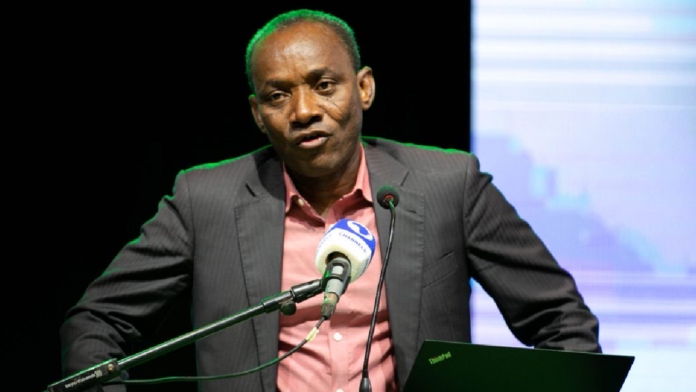Dr Sam Amadi, a former Chairman of the Nigerian Electricity Regulatory Commission (NERC), has called for joint investment in regional power grids by state governments.
Amad, who made the suggestion while delivering a keynote address at a policy workshop on electricity on Thursday in Abuja, said that such a move would promote sustainable sub-national electricity markets in the country.
The workshop, with the theme, “institutional design for an efficient and viable state electricity market”, was organised by two NGOs, Natural Justice (NJ) and Logoshere Advisory (LA).
Amadi said that having regional power grids jointly owned by state governments would not only be cost effective, but also attract investors into state electricity markets.
“We argue for maybe a regional grid that will be regionalising the transmission of power so that there will be interstate trading.
“This is an option because many of the states cannot sustain their markets, which cost is very high.
“Also investors will not like to invest in small scale power. If it is bigger you spread the unit cost and it is cheaper and affordable to consumers, ” he said.
Amadi also suggested the establishment of independent regulatory agency like NERC at the state level for efficient and viable state electricity markets in Nigeria,
He said that such an agency, when established, should be independent of governors control and must be licensed to regulate electricity market in the state.
He said that the agency must have a legal framework, independent budget, fixed tenure for its commissioner and be able to hire and fire its staff independently.
The Chairman of the Forum of Commissioners of Power in Nigeria, Eka Williams, said that the journey to achieving efficient and viable state electricity markets in Nigeria required collective effort.
Williams, who is Cross River State’s Commissioner for Power and Renewable Energy, was represented by Emmanuel Etim from the ministry.
He said that strategic planning, and a commitment to reform were also required to improve the electricity market at the state level.
He also expressed coconfidence that through collaborative efforts, Nigeria could create a vibrant electricity market to drive economic growth, improve lives, and shshowcase the country’s popotentials
“However, we recognise that a viable state electricity market requires more than individual state efforts.
“It demands a coordinated national approach that harmonises policies, regulations, and standards,” he said.
He said that as the country moved forward, it was essential to recognise the critical role of technology in driving efficiency and viability in Nigeria state electricity markets.
“We must leverage innovative solutions to enhance grid management, improve customer engagement, and optimise energy distribution.
“Furthermore, we must prioritise capacity building and workforce development to ensure that our institutions have the necessary skills and expertise to navigate the complexities of the electricity market.
“This includes training programmes for regulatory agencies, utilities, and private sector operators to ensure a smooth transition to the new decentralised market regime,” he said.



